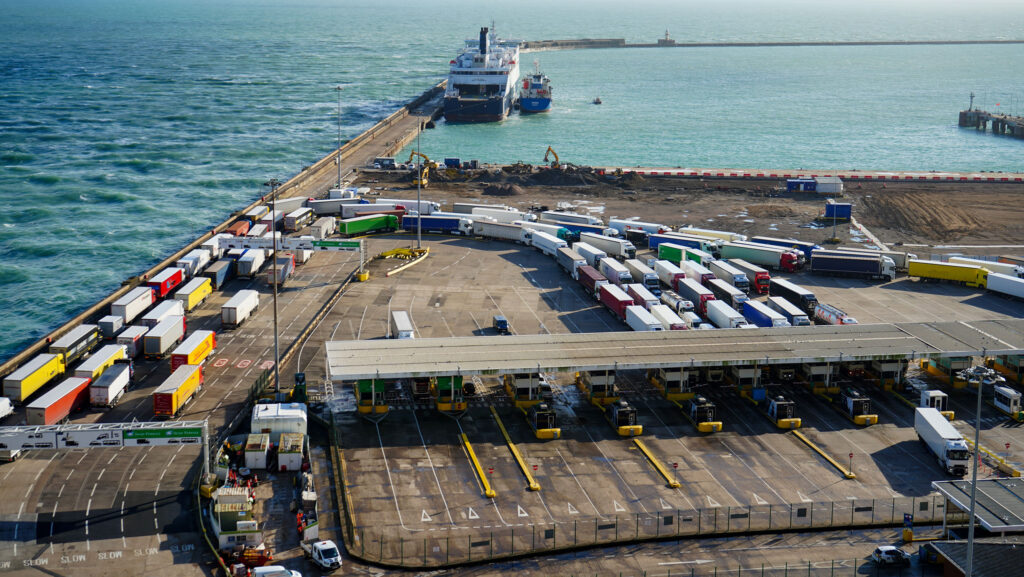NPA seeks total ban on personal pigmeat imports
 © Adobe Stock
© Adobe Stock The National Pig Association (NPA) is demanding a zero tolerance approach to personal pork imports coming into the UK in order to secure the biosecurity of the pig sector.
A 2kg allowance for personal pork imports was first introduced in 2022, as part of an effort to counter the threat of African swine fever (ASF) which has been spreading throughout Europe.
The NPA says this poses a major disease risk to the domestic pig herd and the organisation now wants tougher restrictions to be brought in, similar to measures recently implemented to protect the sheep sector.
See also: Meat and milk products banned from ‘sheep plague’ areas
A zero personal import policy was imposed on certain imports of sheep and goat products from Europe last month, including meat, milk and cheese, following outbreaks of Peste des petits ruminants (PPR) disease in Greece and Romania.
With ASF continuing to spread in Europe – new cases have been discovered in Germany in recent weeks – the NPA has become increasingly concerned.
Senior policy adviser Katie Jarvis said: “Alarmingly, the disease has travelled significant distances across the country, and this spread, as is often the case, is partly a result of human activity.
“The news from Germany has served as a stark reminder of how far this disease can travel, particularly when aided by people.
“With that in mind, we believe there should be zero tolerance on personal imports of pork products to minimise the risk of anyone importing a product that is carrying ASF.
“Indeed, as Defra has just announced the suspension of personal imports of certain commodities to safeguard Britain’s sheep and goat populations, we can see no reason at all why this should not be extended to pork products.”
Illegal imports
Meanwhile, illegal imports of meat continue to be uncovered at the port of Dover.
Since personal import limits were first imposed in 2022, more than 100t of illegal meat imports have been uncovered by border inspectors.
With government funding for this work being cut, the Livestock Chain Advisory Group, which is made up of 26 industry organisations, has recently written to government, seeking a review of its spending on checks.
Welsh border controls
Work has recently begun to build border control posts near Holyhead in North Wales several years after the UK officially left the EU.
The control posts are due to be operational by 2025 and will be used predominantly to check imports entering from the Republic of Ireland. However, no checks will be made on goods from Northern Ireland entering Great Britain.
